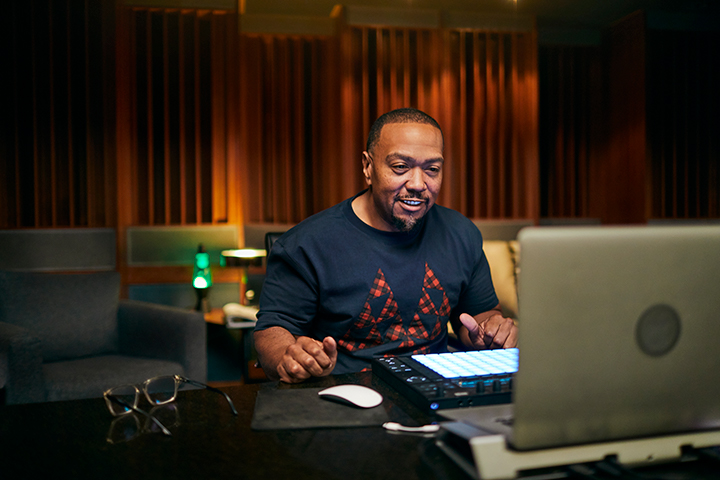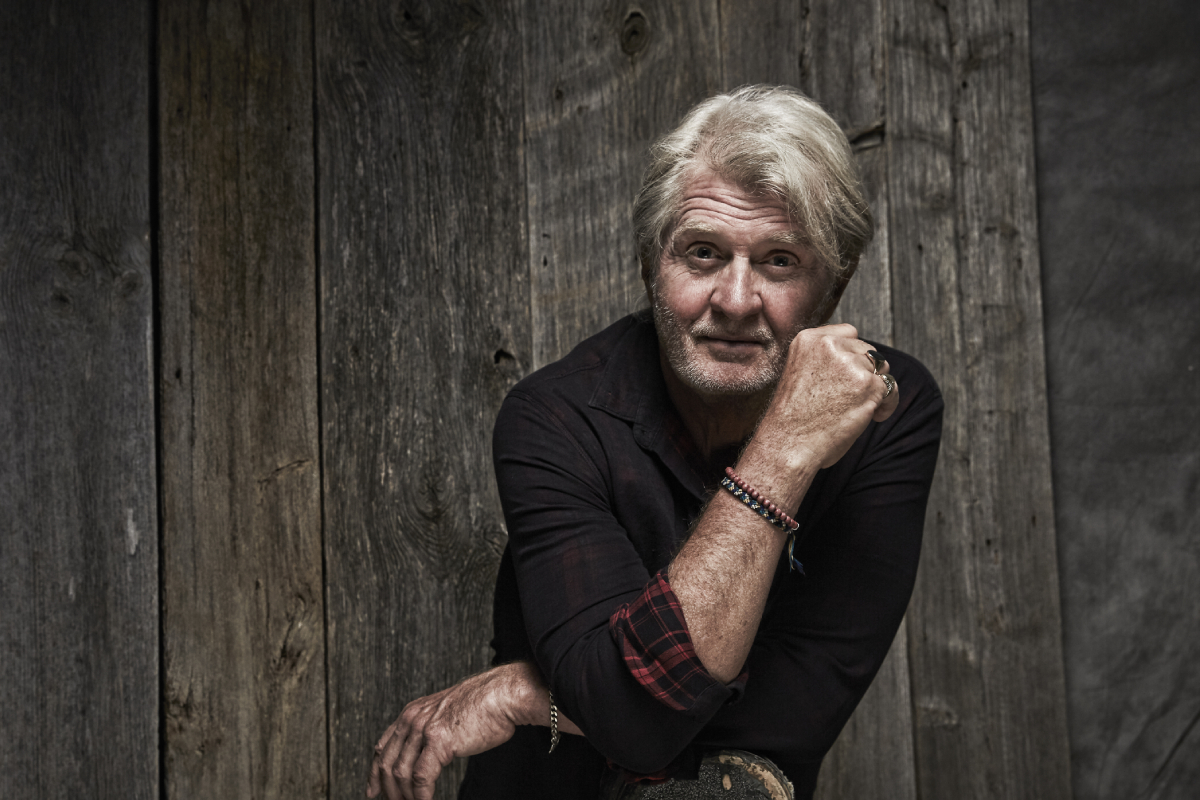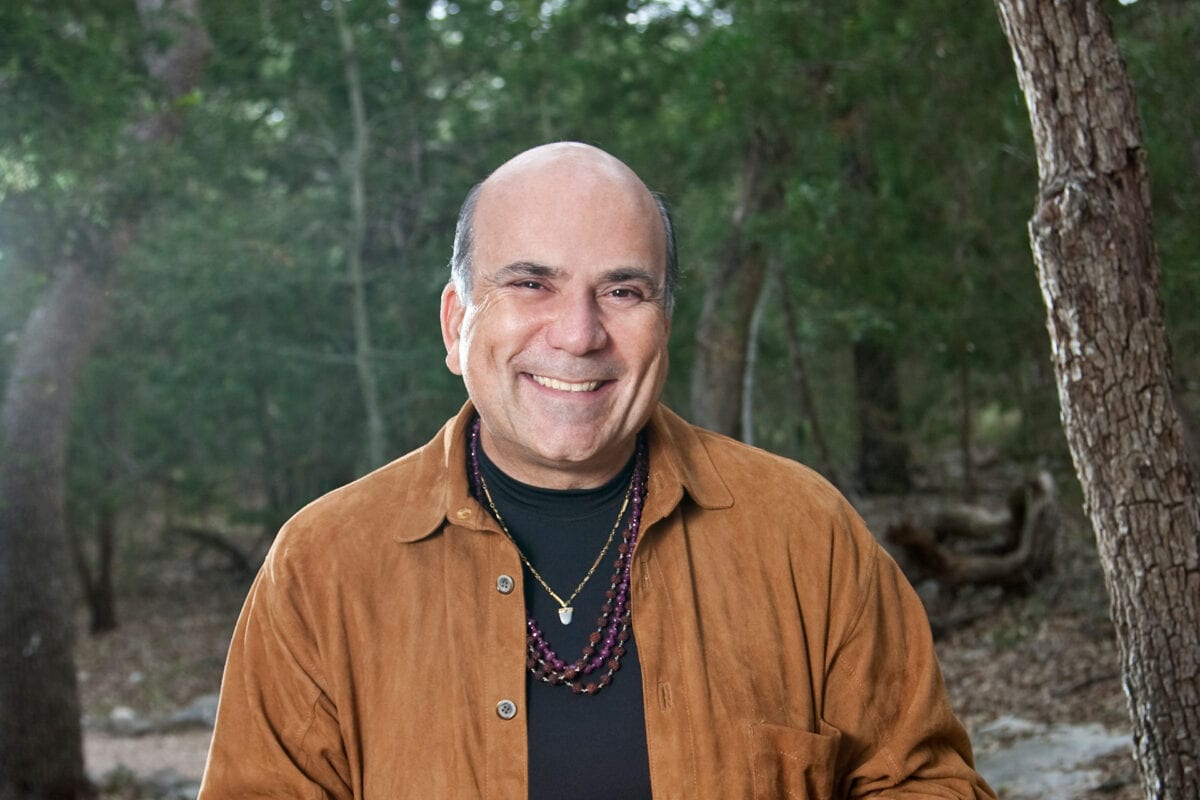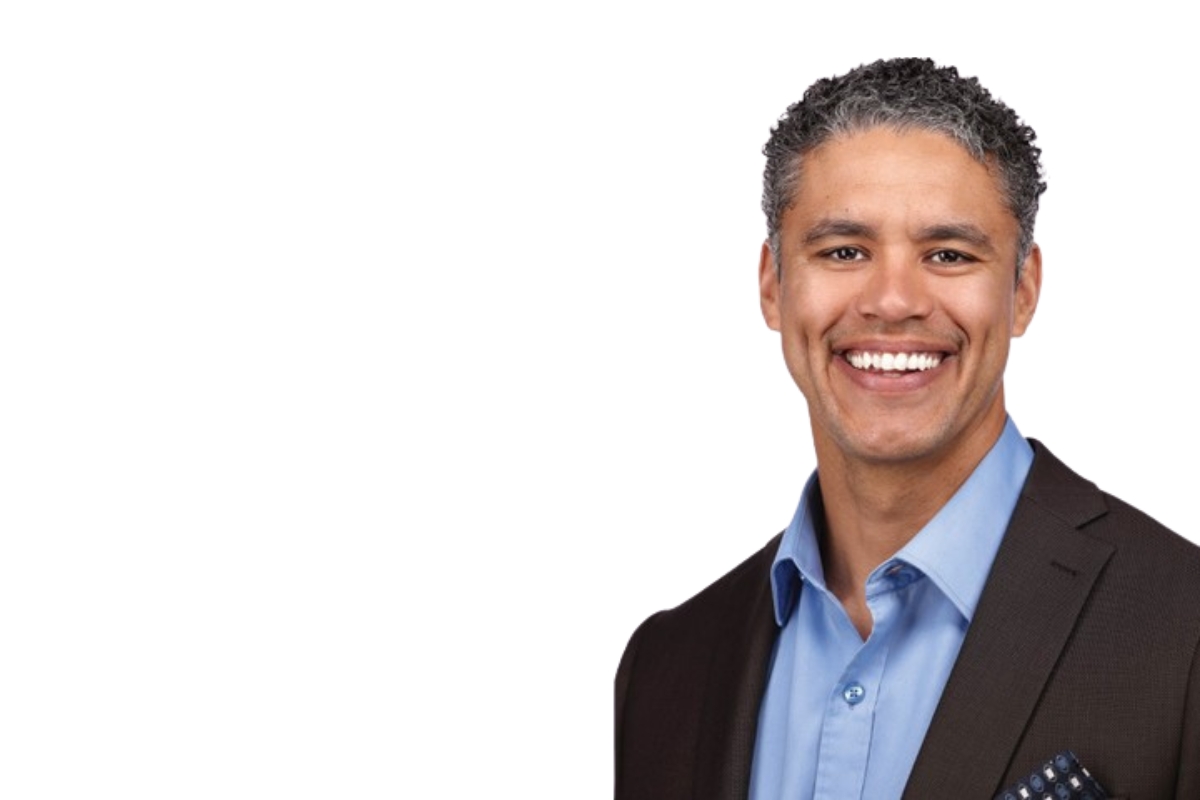It is no surprise that millennial leaders have impacted society, given their current position as the largest generational adult population. Multiple studies and reports have shown that millennials are demanding change from long-standing institutions and are actively taking part in creating a better future. The achievements of young leaders today point to the initiative, creativity, and perseverance we can expect going forward.
Two major economic events and numerous ongoing global crises shaped millennial lives and substantially differentiated their experiences from that of their predecessors. The 2008 economic recession and the COVID-19 pandemic hampered millennials’ ability to accumulate wealth and changed their priorities from seeking stability to attaining adaptability. Additionally, environmental, social, and political concerns shifted drastically in their lifetime. As a result, there is a quantifiable divide between younger and older generations, each believing the other has left or will leave society worse than they found it, according to a survey of Baby Boomers and millennials conducted by Angus Reid Institute (ARI) in 2021.
Despite the challenges, millennials found ways to survive and thrive. A significant response to economic uncertainty was the growth of the gig economy, in which a large portion of millennials participate. They are also making career choices based on their employers’ practices aligning with their personal values, according to “The Deloitte Global 2021 Millennial and Gen Z Survey.” While millennials believe businesses have greater obligations beyond their own goals and growth, they often do not see this expectation realized, so leaders are taking such action themselves.
Millennials also hold companies to moral standards and are acutely aware of their shortcomings. They demand diversity, inclusion, social responsibility, philanthropy, and environmental sustainability from their workplaces. Mental health has become more important than ever since the beginning of the pandemic, and some companies have made changes to reduce and manage stress for their employees. However, many millennials think the efforts are inadequate and do not feel supported enough to voice their concerns individually.
One thing younger and older generations share is a concern for the future and climate change. The rapid environmental recovery witnessed through pandemic lockdowns gave millennials hope for effective climate action. Millennials believe environmental sustainability is more important than economic growth, and leaders have taken steps to act on that belief.
An example of innovation, creativity, and activism, Phil De Luna dedicates his life to decarbonizing Canada and fighting for aggressive climate action. Following his Ph.D. research on new renewable energy, De Luna became the youngest-ever director at the National Research Council of Canada, tapped to lead a $57 million collaborative research program. He also ran for the Green Party in the 2021 federal election to push for a more sustainable economy.
While many millennial leaders have focused on revolutionary scientific solutions, Natalie Pecile and Brianna Brown show the value of changing how businesses affect the environment. Pecile works as the senior manager for sustainability at Restaurant Brands International, the parent company of many large fast-food franchises, including Tim Hortons. She helped develop sustainable standards for brands worldwide to reduce the company’s greenhouse gas emissions by 50 per cent by 2030. Brown co-founded Decade Impact, a consulting firm that helps businesses improve their social and environmental performance and earn B corporation certification (the green standard for corporate accountability).
Like any other generation, millennials’ social views immensely influence their priorities and expectations. Discrimination is an issue most millennials believe immeasurably affects society, with one-in-five feeling personally discriminated against all the time, according to the previously mentioned Deloitte survey. They are also more likely to believe that there are historical precedents and reasons for inequality. However, as the country increasingly diversifies around them, millennials favour cultural diversity more than integration into Canadian society, according to the previously mentioned ARI survey.
Taking action against inequality comes in many different forms for millennial leaders. Claudia Li works toward cultural preservation through the Vancouver-based Hua Foundation, which promotes Asian culinary traditions and socially conscious work. She also helped set up the Youth Collaborative for Chinatown, which offers historical walks and mah-jong tournaments to preserve the area’s culture.
One major advantage millennials have in making their voices heard is growing up around rapidly evolving and connective technology. They can stay informed, organize, and raise awareness quickly through social media, allowing them to act more efficiently than ever before. Taking action online — by using hashtags or congregating on Zoom — has a perceptible effect on the real world, and many young people feel more empowered in online environments.
Those who are considered millennial leaders believe they can amplify change as individuals. Countless changes supporting environmental sustainability have been made by millennials because they feel compelled to act on their values. Part of the reason they are so critical of businesses is their belief in working towards the common good over their own interests. The achievements and innovations of millennial leaders thus far prove they will continue to work towards the change they want to see in the world.
Vanessa Huasasquiche | Contributing Writer




















